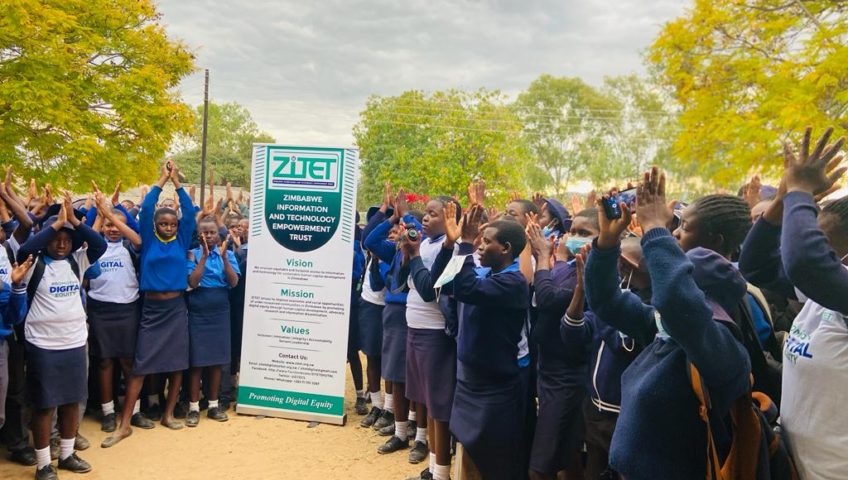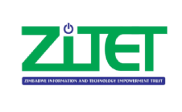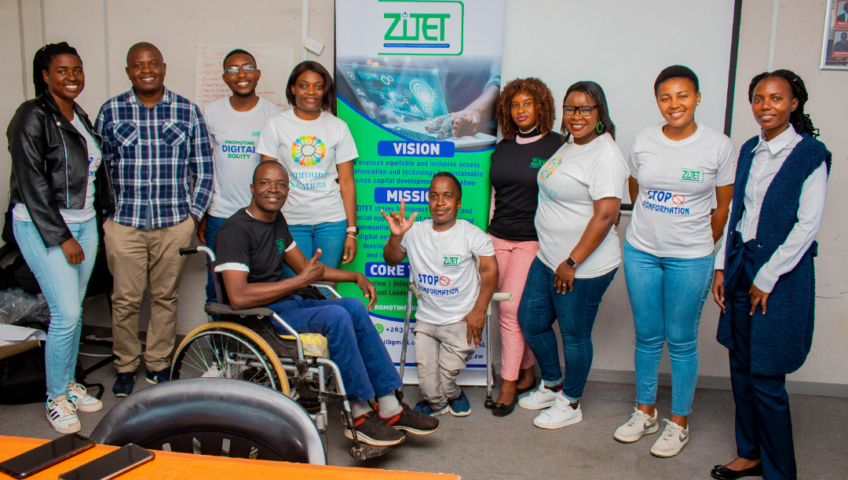
Why Digitise the Rural?
Technology is shaping how people work, learn and conduct other socio-economic activities. The COVID-19 pandemic has further intensified the use of technology, especially in schools. Given the massive benefits that can be drawn from the use of technology, the Government of Zimbabwe, through the National Development Strategy 1: 2021-2025 (NDS1), spotlighted Information Communication Technologies (ICTs) as one of the critical enablers of economic development, hence their entrenchment across all national development strategies for universal access to be attained by 2030. However, the uptake of ICTs has been marred by challenges ranging from poor infrastructure, lack of access to capital, low investment in hardware and software ICT components, shortage of critical ICT skills, and low investment in research and development. As a result, inequalities and gender disparities in the uptake and use of ICTs still exist across different demographic groups and rural communities in Zimbabwe.
The COVID-19-induced lockdowns have brought about new challenges that have turned digital exclusion, and gender digital divide into a calamity of missed education and opportunity for learners in rural communities as most of the learning activities shifted to online platforms. Only 25 per cent of learners in rural areas reportedly engaged in e-learning activities against 70% recorded for their urban counterparts (Zimbabwe Statistics Agency, 2020)[1]. The Zimbabwe Statistics Agency further reported that, overall, 91% of the learners who attended school before the outbreak of the pandemic, only 40% of these learners continued learning through online platforms. This saw a dismal failure rate for the 2020 Grade 7 national pass rate, which stands at 37.11 per cent and represents a decrease of 9.79 per cent from 2019’s pass rate of 46.1 per cent.
While the government of Zimbabwe has, in response, put in place the national eLearning Strategy in 2021, its implementation has been thwarted by a lack of digital literacy skills among the populace (Kunicova, 2021)[2]. Additionally, gender disparities continue to exist in the access and use of ICTs in sub-Saharan Africa, with more men more likely to use and own technology than women (UN Women, 2022)[3], hence the need for robust Digital Literacy Capacity Building drive in rural schools. The Digital Literacy Capacity Building workshops bridge the gender digital divide by preparing young girls to safely fit into the digital era and enjoy the benefits of digital technology.
The Zimbabwe Information and Technology Empowerment Trust (ZITET) is a registered non-profit, non-governmental organization aiming to promote digital equity in under-resourced communities through capacity building and professional development initiatives, advocacy, research, and information dissemination.
[1] Zimbabwe National Statistics Agency. 2020. Monitoring COVID-19 impact on households in Zimbabwe. Available: https://www.zimstat.co.zw/wp-content/uploads/publications/Income/Finance/Final_Rapid_PICES_Report_Round_1.pdf
[2] Kunicova,J., Silarszky, P., Koech, C.C., ; Karim,S., Mutowa, G.F., Olafsen, E., Mawadza, C.M., Jongwe, T.R., Nagashima, Y., Bvumbe, J.C. 2021. Digital economy for Zimbabwe: country diagnostic report. Washington, DC: World Bank Group. Available: http://documents.worldbank.org/curated/en/982981621880260112/Digital-Economy-for-Zimbabwe-Country-Diagnostic-Report
[3] UN Women. 2022. Mainstreaming ICT, Gender, and Coding in National Curricula in Africa. Addis Ababa.


